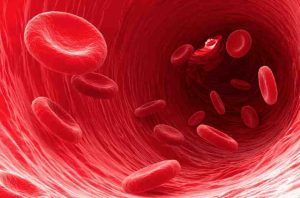
The recent findings on ultraprocessed foods and their association with adverse health outcomes. The comprehensive review of multiple studies has highlighted the significant risks posed by consuming these highly processed food products on various health conditions.The analysis of 45 meta-analyses involving nearly 10 million individuals revealed a strong association between elevated consumption of ultraprocessed foods and a multitude of adverse health outcomes.
Insights on Ultraprocessed Foods
The findings from the review revealed compelling evidence linking increased intake of ultraprocessed foods to a significant proportion of health issues, with over 70% of the assessed conditions showing a direct correlation. These detrimental health outcomes encompassed cardiovascular disease-related deaths, mental disorders, obesity, anxiety, and overall mortality.
Expert Perspectives
Respected professionals in the field, including Dr. Melissa Lane and Dr. Carlos Monteiro, emphasize the detrimental impact of ultraprocessed foods on cardiometabolic health and underscore the unfavorable nutritional composition of these products. High levels of calories, added sugars, and sodium in ultraprocessed foods contribute to weight gain, obesity, and the development of chronic conditions such as type 2 diabetes and hypertension.
Challenges in Research and Recommendations
While the evidence on the adverse effects of ultraprocessed foods on certain health conditions is robust, there are complexities in understanding their role in diseases like cancer. Further research is necessary to enhance our comprehension of the relationship between these heavily processed foods and cancer development.
Strategies for Improved Nutrition
In light of these findings, experts advocate for practical measures for individuals to reduce their consumption of ultraprocessed foods and opt for healthier alternatives. These strategies include scrutinizing food labels, selecting minimally processed options, and prioritizing whole, nutrient-rich foods in daily dietary choices.
Policy Considerations for Public Health
In addition to individual dietary decisions, public health agencies and governments play a pivotal role in regulating the availability and promotion of ultraprocessed foods. Measures such as warning labels, limitations on food advertising, and promoting access to minimally processed foods can contribute to fostering a healthier food environment for population-wide benef
The concerning evidence on the negative health impacts of ultraprocessed foods underscores the critical need for making informed dietary choices and advocating for supportive policies to promote healthier eating habits. By emphasizing the consumption of real, whole foods and reducing reliance on ultraprocessed options, individuals can take proactive steps towards enhancing their health and overall well-being.


